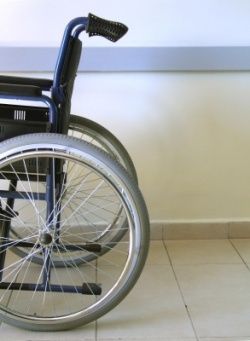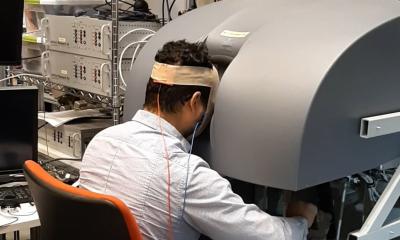International summit seeks solution to global shortage of nursing faculty
The global nursing shortage is due in part to a lack of faculty in nursing schools and to a phenomenon known as nurse migration, where nurses leave their country of origin to work elsewhere. In response, the International Council of Nurses (ICN) and the Honor Society of Nursing, Sigma Theta Tau International (STTI), supported by The Elsevier Foundation, will conduct the Global Summit on Nurse Faculty Migration - a meeting of nurse experts who will examine the problem, and identify realistic and measurable solutions.

"Demands for faculty and associated migration is on the increase, the root causes and future impact of the associated trends need to be fully understood and addressed in a concerted manner," said ICN CEO David Benton, RN, MPhil, FRCN. "The summit will provide the opportunity for global nurse faculty leaders to collectively identify and discuss issues that lead to faculty migration, the shortage, its consequences, and pragmatic solutions."
"There is a recognized shortage of nurse faculty in various countries, and the numbers are quite sobering," says STTI CEO Patricia E. Thompson, RN, EdD, FAAN. "Africa and the United States, for example, need a significant number of nurses in the coming years; yet nursing schools are turning away qualified applicants because they simply don't have enough faculty."
"By supporting this global summit and the sweeping scope of recommendations we anticipate will be outcomes, including implications for policy and research, we hope to substantively affect the nursing shortage crisis at a local level," said David Ruth, Executive Director of The Elsevier Foundation. "We're honored to affiliate with these prestigious organizations to confront one of the most pressing needs in global healthcare: the availability of quality faculty to educate the next generation of nurses worldwide."
In 2009, a survey by the American Association of Colleges of Nursing found that almost two-thirds of responding nursing schools pointed to a faculty shortage as the reason for not accepting more applicants.
Organizations such as the Canadian Nurses Association, the Canadian Association of Schools of Nursing, the National League for Nursing and the American Association of Colleges of Nursing have sought to quantify the problem, but little research exists in order to assess what can be done about these trends. In some of the countries with the greatest shortages of nurses, rapid scale-up in Africa is being hampered by lack of faculty.
Information provided by the Organisation for Economic Co-operation and Development (OECD) suggests that there is an increase in international migration of skilled workers in health, education and new technology. And, the regulatory body for medicine in Pakistan has identified that faculty moving between universities mid-semester disrupts the learning process.
To address this global phenomenon, ICN and STTI will convene 24 internationally recognized nurse leaders and education experts in Geneva, Switzerland, 27-30 June 2010.
Summit findings will be compiled into a final report that will detail the factors surrounding this issue and suggest realistic, tangible and measurable steps to address global faculty shortages.
Source:
Rachael McLaughlin
Elsevier
Pic by RainerSturm
08.04.2010





